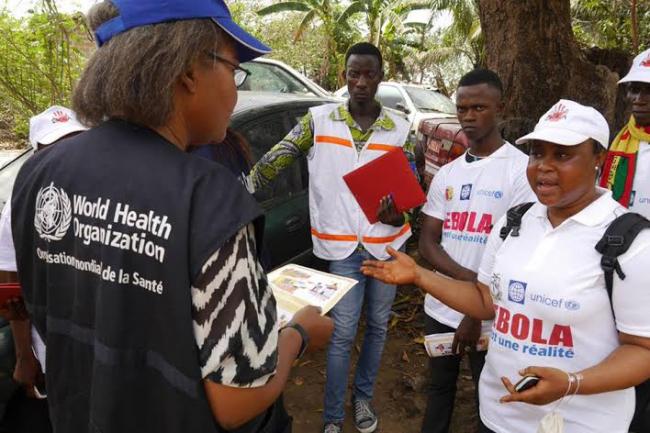23 Jul 2015, 07:20 am Print

WHO also reported on Tuesday that on 20 July, Italy was declared free of Ebola transmission after the completion of 42 days without a case since the country’s first and only case of the disease was confirmed EVD-negative and discharged from hospital.
In West Africa, where the outbreak hit hardest, “there are also indications of a continuation of the improvements in contact tracing and case investigation seen in recent weeks, with all but 2 cases arising among registered contacts of previous cases, including all 13 of the cases reported from the Guinean capital Conakry,” according to the WHO update.
WHO said no new cases were reported in Liberia, where Ebola resurfaced after it had been declared free of the disease in May, and said that as of 21 July, 56 contacts associated with the chain of transmission are under follow-up.
“If there are no further cases all contacts will have completed follow-up on 2 August,” WHO said.
The origin of the new cases in Liberia remains under investigation, it said, adding that “preliminary evidence from genomic sequencing suggests that the most likely origin of transmission is a re-emergence of the virus from a survivor within Liberia, rather than an importation from Guinea or Sierra Leone.”
Other recent hotspots of transmission such as Boke in Guinea and Kambia in Sierra Leone have now reported no cases for 18 and 9 days, respectively, the UN health agency said.
WHO noted that two new health worker infections were reported from Guinea and one from Sierra Leone, bringing to 879 the number of confirmed health worker infections reported from Guinea, Liberia, and Sierra Leone since the start of the outbreak, with 510 reported deaths.
Photo: WHO/P. Haughton
- Alarming projection: Global breast cancer cases could cross 3.5 million by 2050, shows study
- Exam stress to emotional distress: Study reveals the dark side of academic pressure
- Vegetarian diet linked to lower risk of five major cancers, study finds
- Ukraine’s health system under fire: Attacks spike 20% in 2025, WHO warns
- A dog’s loving lick turned deadly — She woke up without her limbs





-1763561110.jpg)
